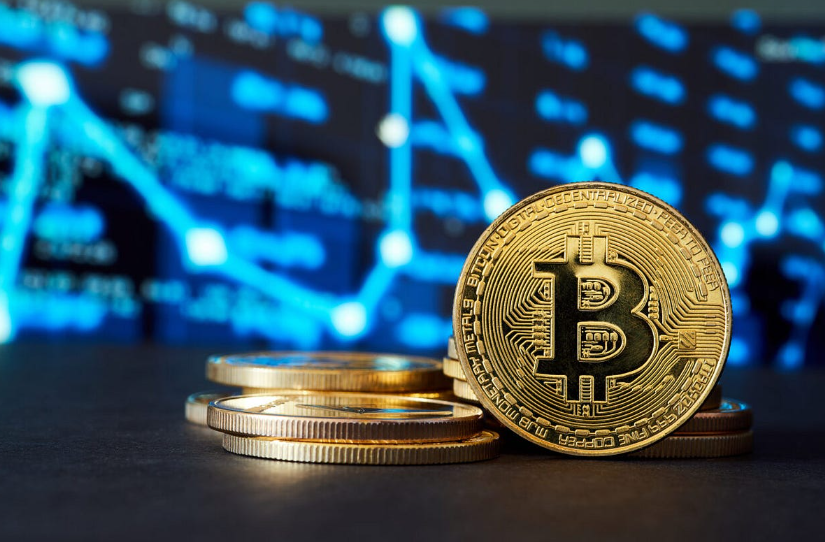The future of blockchain technology in the digital economy presents a complex landscape of potential advancements and challenges. Decentralized finance is reshaping traditional financial services, while regulatory frameworks evolve to meet new demands. Increased transaction security and transparency are expected to enhance global trade dynamics. However, significant obstacles remain in achieving widespread adoption. The interplay of these factors raises critical questions about the direction of blockchain integration and its long-term implications.
Key Trends Shaping Blockchain Adoption
As organizations increasingly recognize the potential of blockchain technology, several key trends are shaping its adoption across various sectors.
Decentralized finance (DeFi) is revolutionizing traditional financial systems, enabling greater accessibility and reduced intermediaries.
Simultaneously, the integration of blockchain in supply chain management enhances transparency and traceability, fostering trust among stakeholders.
These trends collectively signify a shift towards more efficient and liberated economic frameworks.
Challenges Facing Blockchain Integration
While the potential of blockchain technology is substantial, various challenges hinder its seamless integration into existing systems.
Regulatory hurdles complicate compliance, as governments grapple with establishing frameworks that accommodate innovation without stifling it.
Additionally, scalability issues persist, as many blockchain networks struggle to process transactions efficiently at scale, limiting their practical application in high-demand environments.
Addressing these challenges is crucial for broader adoption.
Opportunities for Innovation and Growth
Despite the challenges of regulatory compliance and scalability that currently impede blockchain integration, the technology presents significant opportunities for innovation and growth across various sectors.
Decentralized finance is poised to disrupt traditional banking systems, allowing for increased accessibility and efficiency.
Additionally, blockchain can enhance supply chain transparency and traceability, fostering trust among stakeholders and minimizing fraud, thus driving operational improvements and economic expansion.
See also: The Future of Blockchain: Beyond Cryptocurrency
The Impact of Blockchain on Global Trade
Blockchain technology is reshaping global trade by providing enhanced security, efficiency, and transparency in cross-border transactions.
By utilizing smart contracts, businesses can automate and enforce agreements, reducing the risk of disputes.
Additionally, blockchain streamlines supply chain management, enabling real-time tracking and verification of goods.
This innovation not only mitigates fraud but also fosters trust among trading partners, ultimately facilitating freer trade.
Conclusion
As the digital economy eagerly embraces blockchain, one might wonder if the technology will indeed deliver on its lofty promises or merely serve as a trendy buzzword in boardroom discussions. With regulatory frameworks scrambling to catch up and traditional financial institutions cautiously eyeing DeFi, the future may well resemble a game of digital musical chairs—where only the swiftest adapt, while others are left pondering whether their investments in blockchain were visionary or just another chapter in the saga of tech hype.











